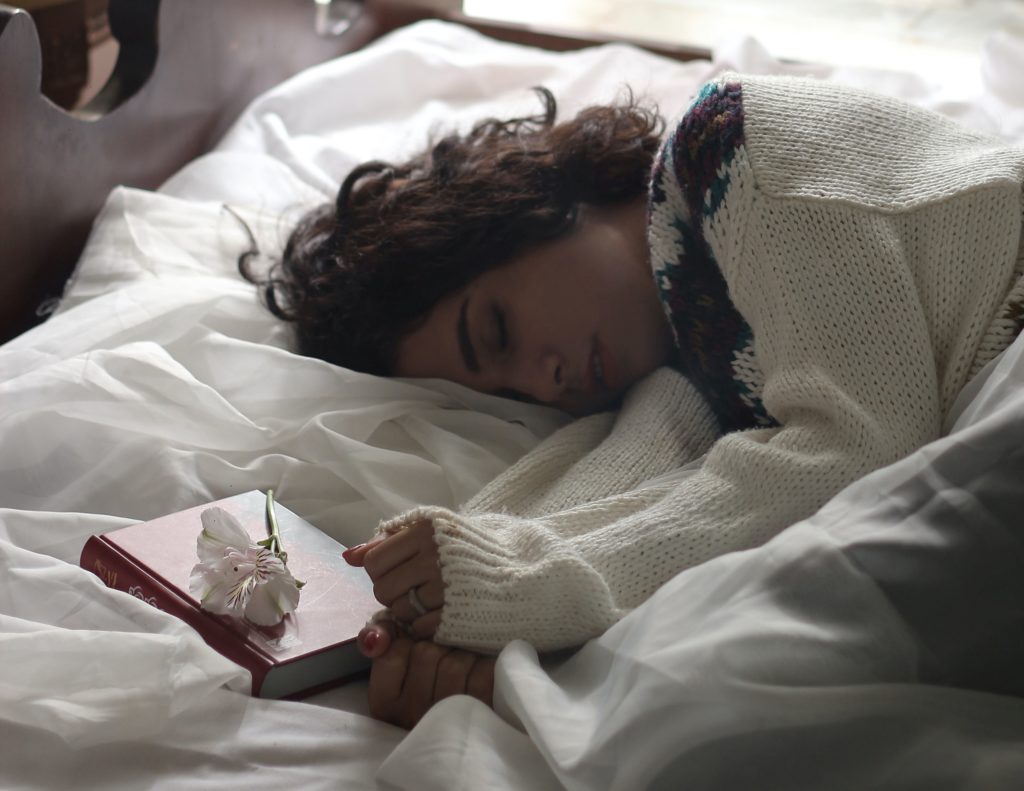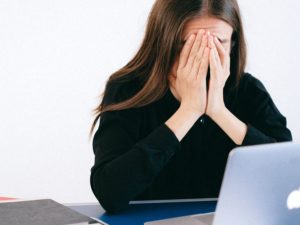Trouble sleeping? Try these tips for the best sleep of your life tonight.
Having trouble sleeping? You’re not alone.
About 70 million Americans have some type of sleeping problem or disorder.

In fact, 1 in 4 individuals will develop insomnia each year.
The good news is that people recover.
Find out all you need to know about insomnia and how to beat it below!
What is Insomnia?
Insomnia is a common sleep disorder that prevents individuals from falling asleep or staying asleep.
People are usually tired, moody, and agitated throughout the day due to insomnia.
It affects many individuals, though fortunately, it can be alleviated with techniques and tips.
Common Causes of Insomnia
Some of the most common causes of insomnia are
- Stress from big life events
- Distractions during rest
- A change in schedule
- Mental health issues such as anxiety
- Discomfort or pain
- And much more
With all these risk factors, it’s a wonder anyone gets a good night’s sleep.
Treatment for insomnia can include cognitive behavioral therapy, sleeping pills, or over-the-counter medicine.
Before trying that, check out the tips below to fight insomnia and get your sleep on.
How to Fall Asleep Fast
Check out the 20 tips below to get the best sleep of your life!
1. Lower the temperature of the room
This can signal the brain to go to sleep. Lower temperatures indicate to the body it is time to settle down and rest.
2. Use the 4-7-8 breathing method
Breathing in through the nose for 4, hold for 7, exhale for 8. Repeat at least 3 times. This calms the body and relaxes the mind.
3. Use a weighted blanket
Weighted blankets allow individuals to feel calm and relaxed. The ideal is around 10% of your body weight.
4. Walk around
Walking can help get rid of restlessness if you have been trying to fall asleep for a long time. It will also get your mind off of sleeping for a bit.
5. Ensure you have light in the day and dark at night
Our bodies work on an internal clock that is signaled by light. Daylight during the day and darkness at night can help balance your schedule.
6. Don’t look at the clock
Looking at the clock will increase anxiety and stress, which make it even more difficult to fall asleep. Instead, try closing your eyes and concentrating on your breathing.
7. Wear socks
Research indicates that cold feet (literal cold feet) can send signals to the brain to stay awake.
8. Meditate
Meditation can help increase melatonin levels, which is a chemical that regulates sleep. Meditation also helps clear the mind of thoughts that prevent relaxation.
9. Yoga
Yoga can help you practice breathing techniques that calm the mind and body, releasing stress. Research suggests it can help you sleep deeper for longer.
10. Try to stay awake
Trying to stay awake can help reduce the anxiety centered around forcing yourself to sleep. This can help you naturally slip off into dreamland.
11. Listen to music
Slow relaxing music can help relax the brain and lead you to a night of deeper sleep. If this does not help, or you find it distracting, try no sound whatsoever.
12. Turn off electronics
Electronics emit blue light that mimics daylight, preventing your body from sleeping. They can also lead to distracting thoughts and stress. Try to turn off electronics at least 30 minutes before bed.
13. Try aromatherapy
Many scents have a link to restfulness and relaxation, such as lavender. Some essential oils have beneficial affects that can improve mental wellbeing.
14. Make the room dark
In the presence of darkness, the body creates melatonin, a hormone that prepares the body to rest. This can help you fall asleep and stay asleep.
15. Drink herbal tea
These are teas without caffeine. Chamomile, valerian root, lavender, lemon balm, passionflower, and magnolia bark are all options that promote relaxation, de-stressing, and sleep.
What Can You Do in the Day to Prepare for Sleep?
16. Exercise during the day
Exercise can increase serotonin, a chemical that increases good mood while decreasing stress levels. Moderate to vigorous morning exercise can help you work off extra energy to be tired come night time.
17. Get on a schedule
Waking up and going to bed at a certain time every day can help adjust your internal clock. This can help you fall asleep when the time comes.
18. Avoid naps
Some studies suggest napping can lead to sleep deprivation and poor quality of nighttime sleep. This is particularly true if you nap late, after 5 pm.
19. Avoid Alcohol
Alcohol is a depressant, a substance that makes us tired. Not only does this promote napping, but research also shows that sleep under the influence of alcohol can make you more tired.
20. Limit caffeine
At least 6 hours before bed, try not to drink caffeine. Caffeine prevents adenosine, a molecule that signals sleep. (I’m a coffee lover, all bets are off in the morning).
The Takeaway
If you suffer from insomnia, you are not alone and help is available.
There are many ways to improve sleep, some of which include breathing techniques, aromatherapy, or exercising.
Try out any combination of the tips above to help improve your quality of sleep today!





